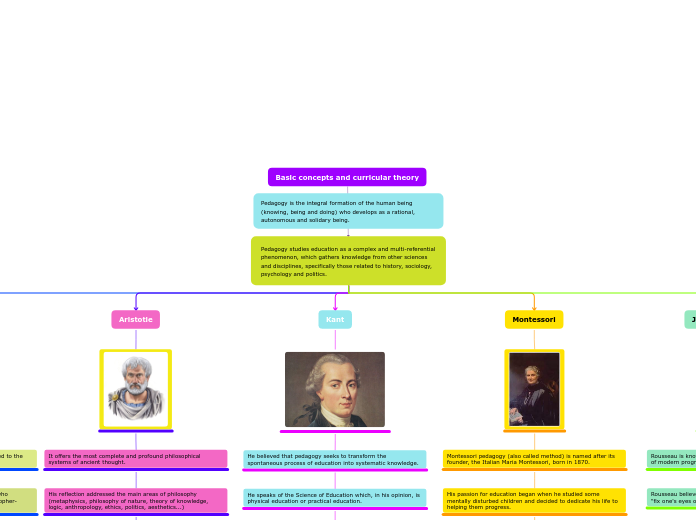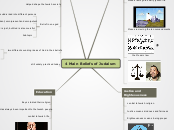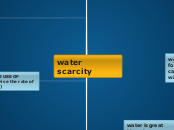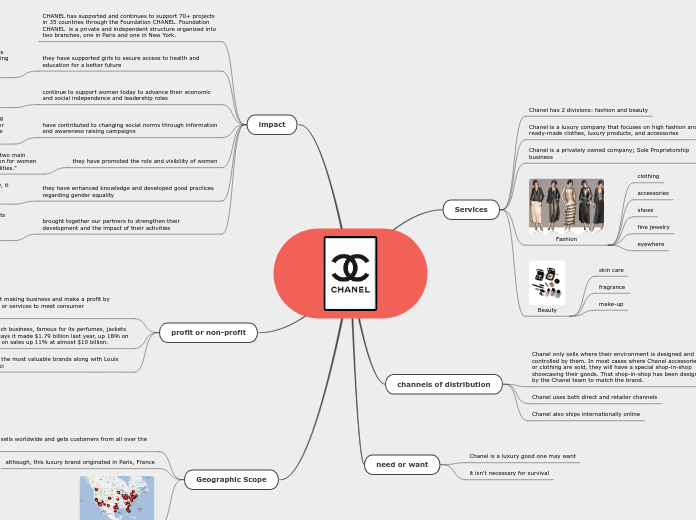door WENDY DAYANA CONDOR SARAGOSIN 3 jaren geleden
348
Basic concepts and curricular theory
Pedagogy involves the holistic formation of individuals, focusing on knowledge, autonomy, and solidarity. It is an interdisciplinary study incorporating insights from history, sociology, psychology, and politics.









